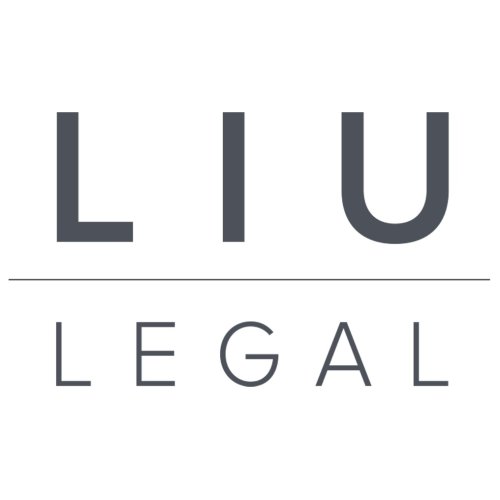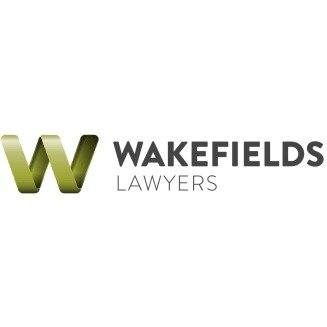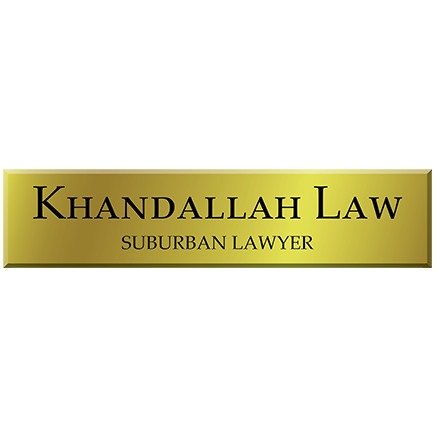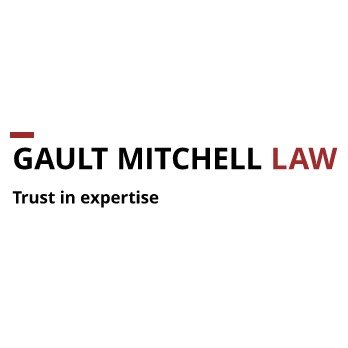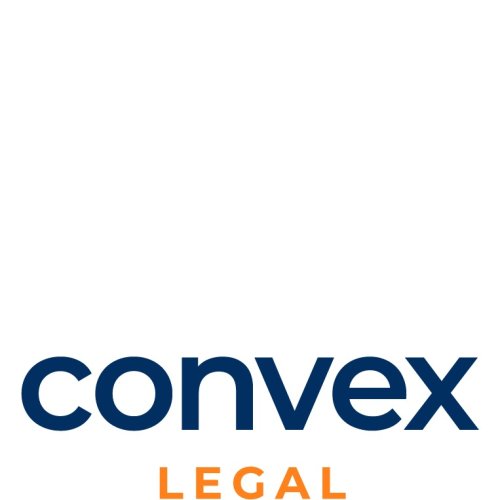Best Land Use & Zoning Lawyers in Wellington
Share your needs with us, get contacted by law firms.
Free. Takes 2 min.
Free Guide to Hiring a Real Estate Lawyer
List of the best lawyers in Wellington, New Zealand
About Land Use & Zoning Law in Wellington, New Zealand
Land Use & Zoning law in Wellington, New Zealand, is a crucial aspect of urban and regional planning that governs land development, property usage, and environmental management. The regulatory framework is designed to ensure sustainable growth, protect environmental resources, and maintain community standards. In Wellington, the District Plan is a key document that outlines the city's zoning regulations, detailing what activities can occur in different areas and any restrictions placed on land use. These laws help coordinate development activities, preserve natural landscapes, and ensure that urban expansion aligns with regional goals and community expectations.
Why You May Need a Lawyer
Engaging a lawyer specializing in Land Use & Zoning matters can be essential in various situations. These include seeking permission for a new development, navigating disputes with neighbors over property boundaries or usage, challenging zoning decisions, or comprehending the implications of zoning regulations on property investments. A lawyer can provide expert guidance on compliance issues, represent clients in conflicts or hearings, and navigate the complex web of regulations effectively. Without legal advice, property developers, homeowners, and businesses may face significant delays, financial penalties, or challenges in realizing their projects.
Local Laws Overview
In Wellington, Land Use & Zoning is governed primarily by the Resource Management Act 1991 (RMA) and the Wellington City District Plan. The RMA sets the overarching framework for managing natural and physical resources across New Zealand. It requires local authorities to establish plans that detail how land can be used or developed. Key aspects of the local laws include zoning classifications (such as residential, commercial, and industrial zones), regulations concerning heritage sites, rules about building heights, lot sizes, and setbacks, as well as provisions for environmental protection and community consultation. Understanding these rules is crucial for anyone intending to undertake property developments or changes in land use.
Frequently Asked Questions
What is the purpose of zoning regulations?
Zoning regulations divide regions into different areas, each with specific rules about land use. They are intended to ensure sustainable development, minimize conflicts between conflicting land uses, and preserve the community's character and environment.
How can I find out the zoning classification of my property in Wellington?
You can check the zoning classification of your property through the Wellington City Council's website or by contacting their planning department directly. The District Plan maps will provide detailed zoning information.
Do I need a permit for home renovations in a residential zone?
Whether you need a permit depends on the scope and nature of the renovations. Minor changes might not require a permit, but major renovations typically need one. Consulting the District Plan and the Building Act is advisable before starting any work.
What should I do if my proposed development doesn't comply with the current zoning regulations?
If your development doesn't comply, you may need to apply for a resource consent. A lawyer specializing in Land Use & Zoning can help advise on the application process and possibly navigate objections or hearings.
How do environmental considerations impact zoning decisions?
Environmental considerations play a significant role in zoning decisions. Regulations aim to protect natural resources, such as water bodies and native vegetation, and ensure any development is sustainable and environmentally friendly.
What happens if a zoning law changes after I purchase a property?
If a zoning law changes, it might impact your ability to use or develop the property as initially intended. Staying informed about potential changes and consulting legal advice when planning any development is prudent.
Can zoning restrictions affect property value?
Yes, zoning restrictions can affect property value. Properties with more flexible uses or in desirable zones, like residential or commercial areas, typically have higher values than those with more restrictive uses.
Are there any exceptions to zoning laws for heritage sites in Wellington?
Yes, heritage sites often have additional protections and restrictions to preserve historical and cultural value. Any developments on or near these sites usually require special consents and compliance with additional regulations.
How long does it take to get a zoning variance approved?
The time frame for zoning variance approval varies based on the complexity of the request, the workload of the regulatory agency, and whether there are any objections. Engaging with legal and planning advisors early can help streamline the process.
What role does public participation play in zoning law decisions?
Public participation is crucial in zoning laws as it ensures community input in planning decisions. Many changes to zoning laws or major developments will involve public notifications and the opportunity for submissions or objections from affected individuals.
Additional Resources
For more detailed information and assistance, consider reaching out to the following resources:
- Wellington City Council: Provides comprehensive information on local zoning rules and the District Plan.
- New Zealand Planning Institute: A professional body for planners offering resources and networking for planning experts.
- Department of Conservation: Offers guidelines on environmental and heritage conservation as it relates to land use.
Next Steps
If you need legal assistance regarding Land Use & Zoning in Wellington, start by identifying the specific aspects of zoning that concern your case. Seek a lawyer with expertise in local land use and environmental regulations. Schedule an initial consultation to discuss your needs, explore potential outcomes, and understand the costs involved. Maintaining open communication with your legal counsel and local authorities is essential to navigating any zoning issues efficiently and successfully.
Lawzana helps you find the best lawyers and law firms in Wellington through a curated and pre-screened list of qualified legal professionals. Our platform offers rankings and detailed profiles of attorneys and law firms, allowing you to compare based on practice areas, including Land Use & Zoning, experience, and client feedback.
Each profile includes a description of the firm's areas of practice, client reviews, team members and partners, year of establishment, spoken languages, office locations, contact information, social media presence, and any published articles or resources. Most firms on our platform speak English and are experienced in both local and international legal matters.
Get a quote from top-rated law firms in Wellington, New Zealand — quickly, securely, and without unnecessary hassle.
Disclaimer:
The information provided on this page is for general informational purposes only and does not constitute legal advice. While we strive to ensure the accuracy and relevance of the content, legal information may change over time, and interpretations of the law can vary. You should always consult with a qualified legal professional for advice specific to your situation.
We disclaim all liability for actions taken or not taken based on the content of this page. If you believe any information is incorrect or outdated, please contact us, and we will review and update it where appropriate.




